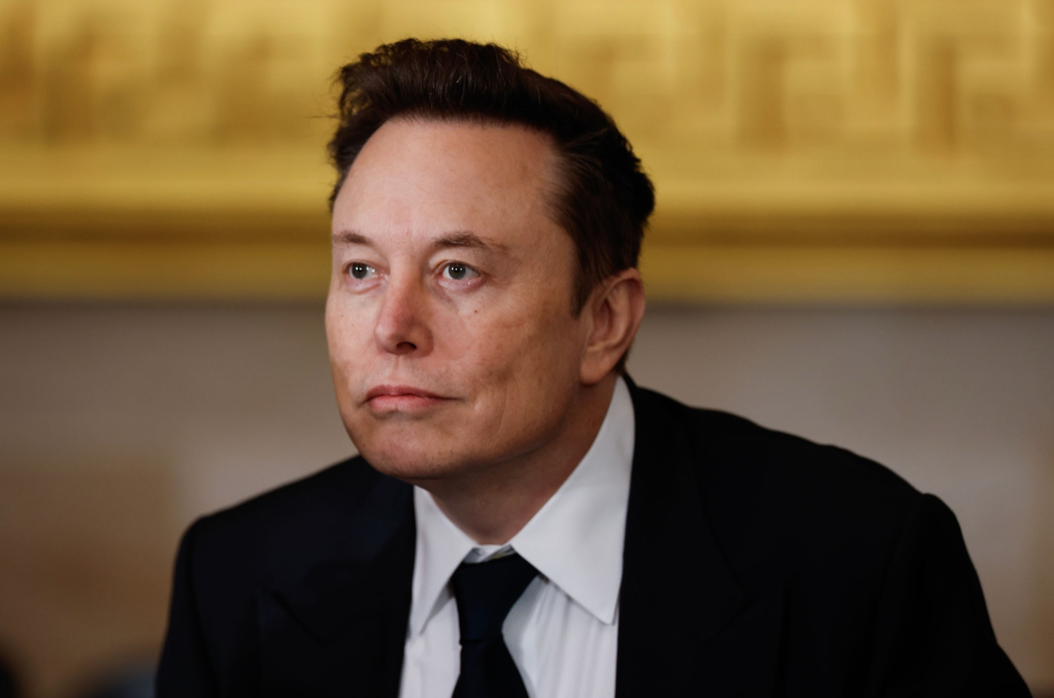Photo: Depositphotos
The Netherlands Military Intelligence and Security Service (MIVD) has announced the growing hybrid threat posed by Russia, which is increasingly resorting to cyberattacks, espionage and subversion against European countries. This was reported by the Foreign Intelligence Service of Ukraine with reference to the MIVD and the Ministry of the Interior of the Kingdom of the Netherlands.
Hybrid warfare after the war
The Dutch intelligence community believes that the threat from Russia will only grow, even after the active phase of the war against Ukraine is over.
“The conflict in the grey zone between war and peace has become a reality. Russia is increasingly willing to take risks in an attempt to undermine our society through hybrid attacks,” the statement said.
The MIVD emphasises that Moscow’s goal is to destabilise society in the Netherlands and other EU countries, in particular by interfering in electoral processes and undermining trust in democratic institutions.
Cyberattacks and preparation for sabotage
The Dutch Ministry of the Interior has confirmed that it first detected a Russian cyberattack on the digital operating system of the civil service in 2023. In addition, it was found
- cyber operations against critical infrastructure, which are regarded as preparations for acts of sabotage;
- attacks on the websites of political parties and transport companies aimed at disrupting voting in the European Parliament elections.
The MIVD considers such actions to be a combination of traditional espionage, cyberattacks and propaganda campaigns aimed at undermining European society from within.
The Netherlands is a strategic target
The Netherlands is critical to NATO infrastructure and European defence, making it an attractive target for Russian intelligence services. In particular, it mentions espionage activity in the North Sea, where Russian agents are studying the location of internet cables, water pipes and energy facilities – potential targets for sabotage.
In this regard, Dutch intelligence reiterated its call for strengthening cyber defence, sharing information with NATO partners and taking measures against Moscow’s hybrid aggression.

















